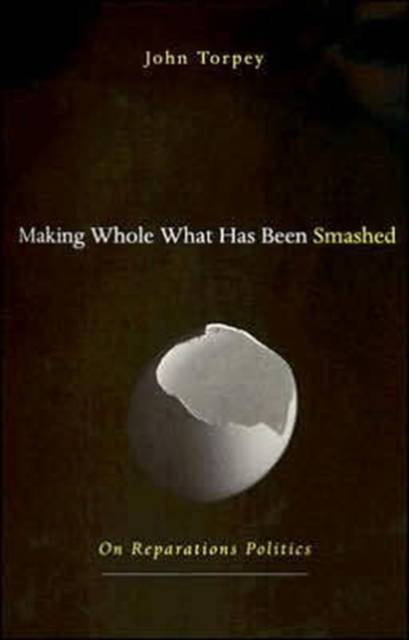
- Afhalen na 1 uur in een winkel met voorraad
- Gratis thuislevering in België vanaf € 30
- Ruim aanbod met 7 miljoen producten
- Afhalen na 1 uur in een winkel met voorraad
- Gratis thuislevering in België vanaf € 30
- Ruim aanbod met 7 miljoen producten
Zoeken
€ 103,45
+ 206 punten
Omschrijving
This book explores the spread in recent years of political efforts to rectify injustices handed down from the past. Although it recognizes that campaigns for reparations may lead to an improvement in the well-being of victims of mistreatment by states and to reconciliation among former antagonists, it examines the extent to which the concern with the past may represent a departure from the traditionally future-oriented stance of progressive politics. Viewing the search for "coming to terms with the past" as a form of politics, it argues that there are major differences between reparations for the living victims of past wrongdoing and reparations for the descendants of such victims. More fundamentally, it argues that claims for reparations comprise a relatively novel kind of politics that involves a quest for symbolic recognition and material compensation for those seeking them--through the idiom of the past rather than the present. The prominent role of lawyers in such politics speaks to a larger trend toward the "juridification of politics" that often has problematic consequences for these campaigns. Concerns to right the wrongs of the past, the book concludes, may distract from the fight to overcome contemporary injustices.
Specificaties
Betrokkenen
- Auteur(s):
- Uitgeverij:
Inhoud
- Aantal bladzijden:
- 224
- Taal:
- Engels
Eigenschappen
- Productcode (EAN):
- 9780674019430
- Verschijningsdatum:
- 1/01/2006
- Uitvoering:
- Hardcover
- Formaat:
- Genaaid
- Afmetingen:
- 165 mm x 241 mm
- Gewicht:
- 444 g

Alleen bij Standaard Boekhandel
+ 206 punten op je klantenkaart van Standaard Boekhandel
Beoordelingen
We publiceren alleen reviews die voldoen aan de voorwaarden voor reviews. Bekijk onze voorwaarden voor reviews.











